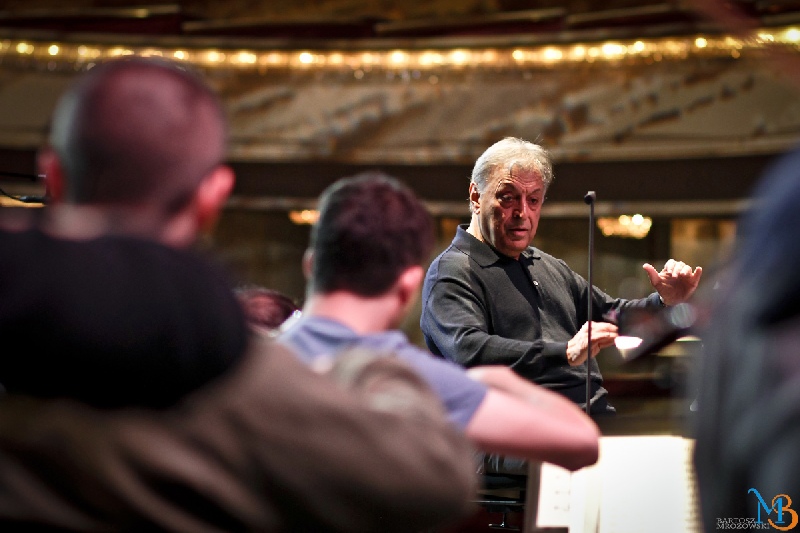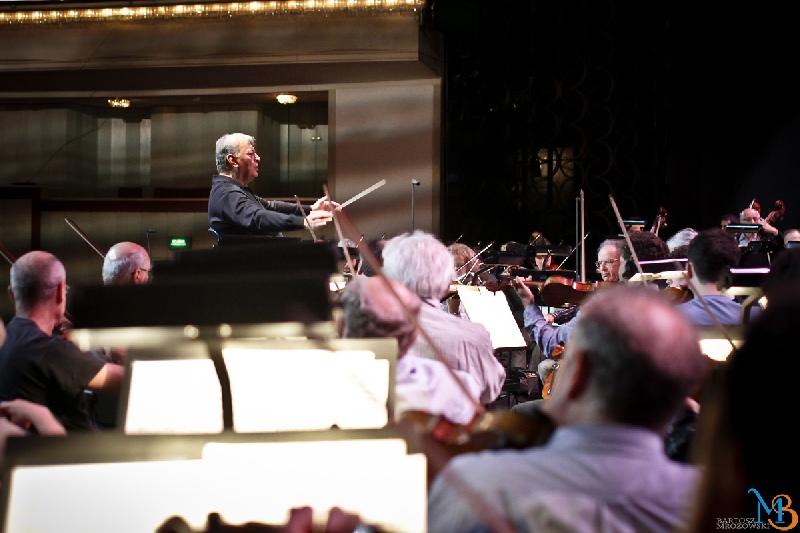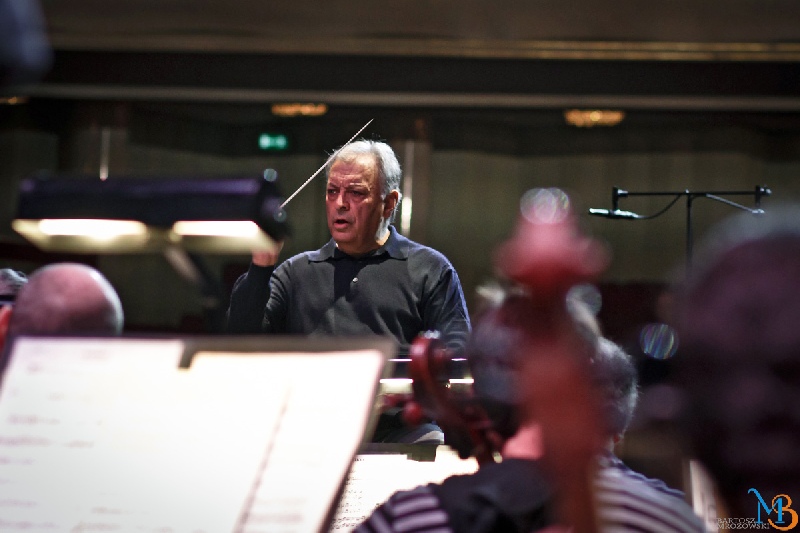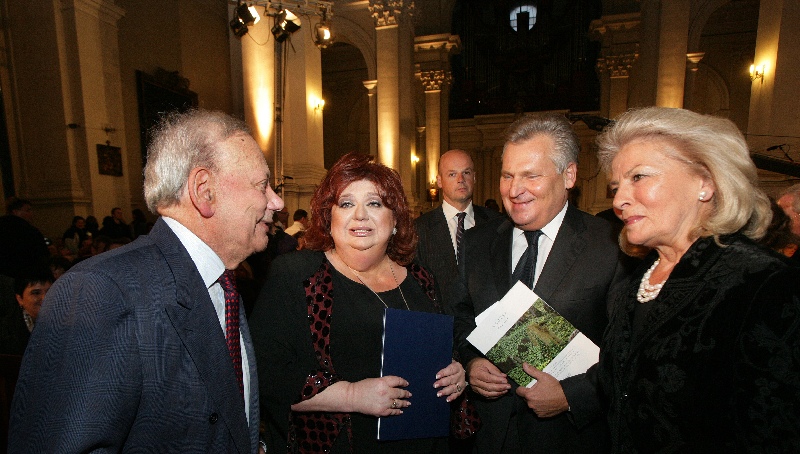Remembering the Warsaw Ghetto Uprising
On early Monday morning, on 19 April 1943, on the eve of Pesach, when ghetto was entered by the military and police troops, Jewish fighters opened fire from the windows of the buildings at Nalewki Street. The forces were not even, the adversary had the advantage and dominance and the fate of the fighters was doomed. Without any hope for victory, led by Mordechaj Anielewicz, ghetto citizens started a heroic fight for a dignified death. Very few survived. And today, their former neighbors, their descendants and the current citizens of Warsaw have the moral imperative to remember those events.
The celebrations of the anniversaries of the uprising in Warsaw ghetto are supported by numerous representatives of Jewish organizations, state authorities and Warsaw City Hall as well as other institutions that support this worthy cause. In recent years, the special celebration was devoted to the 65th and 70th anniversary of the outbreak of the uprising. Shalom Foundation represented by Gołda Tencer was engaged in both celebrations and Ms. Tencer chaired the Organizational Committee of the Celebration of the 65th Anniversary of the Warsaw Ghetto Uprising and five years later she was responsible for the program concept of the gala concert in Teatr Wielki in Warsaw commemorating the 70th anniversary of the uprising.
The tradition of the anniversary celebrations involves not only official gatherings at the Ghetto Heroes Monument attended by the state authorities and representatives of the diplomatic corps from other countries, during which, the living participants of the uprising are honored, but also grand concerts. In 2008 and 2013, Teatr Wielki hosted Israeli Philharmonic Orchestra conducted by the world famous Zubin Mehta.
Organizers make every effort to pass the memory also in less celebratory way, however closer to the people, i.e. the current citizens of Warsaw. Hence, various projects and events that accompany the celebrations, such as prepared by Dawid Szurmiej “Memory Roll-Call,” street seder dinner organized on the street “Pesach for the Gone” or artistic installations by Jerzy Kalina and Raphael Rogiński, a trace of which are still the photos of the former Jewish citizens of Warsaw placed in the windows and on the walls of the townhouse at Próżna Street.










